Traditional Washitsu and Shoji – Custom-built Japanese Interior

General Information |
Practical Information
A Japanese retreat, inside your own home
A traditional Japanese interior, often a tatami room, is known for the serene balance between the living space
and its contents. All the elements and furniture have a specific purpose and spot within the room. Making a
Japanese style room, better known as Washitsu, practical yet minimalistic by design. The characteristic minimalist
approach transforms the Washitsu into a haven of peace and tranquility. A retreat from the hectic world we live in.
Naturally it is often the setting for practicing artforms such as the Japanese tea ceremony.
The elements of a traditional Japanese Interior
There are various set elements that belong to a traditional Japanese interior. First and foremost, the sliding
doors and dividers known as Shoji. These iconic examples of Japanese architecture are known for their precise
latticework, Kumiko, over sheets of rice paper or Washi. Allowing a softened light casting silhouettes to be
seen from outside the room, adding a cozy ambiance.
A Washitsu often features a Tokonoma, which is a raised display for traditional arts such as Bonsai, Ikebana
and Suiseki. A very important part in the Tokonoma is a pillar known as the Tokobashira, separating it from
the elements next to it such as traditional cabinets and Chigaidana shelves.
The floors of a typical Japanese room are often fitted with traditional Tatami mats. We have a personal partner from
Okayama prefecture in Japan who provides the Tatami mats for Yokoso interiors. They have been making Tatami since
the Edo period, ensuring a high quality and authenticity.
Personal contact as a key to success
Every project is unique and requires its own approach plan. That is why we ask you to please contact us by phone or
mail if you have any questions or if you want to make an appointment. We are always excited to hear your wishes and
expectations, while providing you with all the necessary information. Through personal contact we can be of optimal
service, the key to success.
Estimated Pricing (Basismodel)
Hand-built Japanese Shoji doors in frame as shown, with laminated Shojipaper.
Prices, in euros, including VAT, refering to placement within the Netherlands.
Placement outside the Netherlands based on quotation and subsequent calculation.
Other design, versions and customization on request.
* Modern sliding door system, instead of the traditional wooden track.
| Shoji door - Abachi - 220x90x4cm (per 1) | 2.350,00 |
| Shoji door - Yellow Cedar - 220x90x4cm (per 1) | 2.750,00 |
| Wooden frame (per m1) | 150,00 |
| Traditional wooden track (per m1) | 150,00 |
| * Aluminium track (per m1) | 60,00 |
| * Track rollers (per 2) | 80,00 |
| Onsite installment (starts at) | 750,00 |
#YokosoJapaneseGardens #YokosoGardens #JapaneseInteriorDesign #Interior Construction #Tokonoma #ShojiDoors #FusumaDoors #RoomDeviders #Screens #Contractor #Architect #Architecture


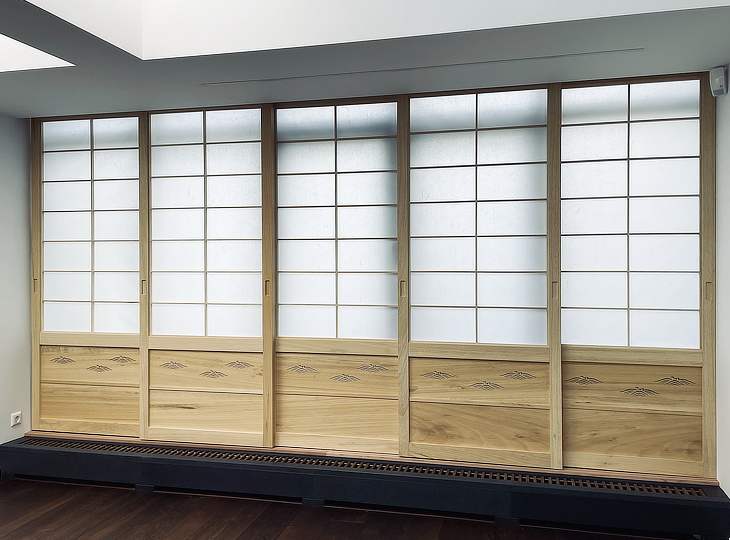
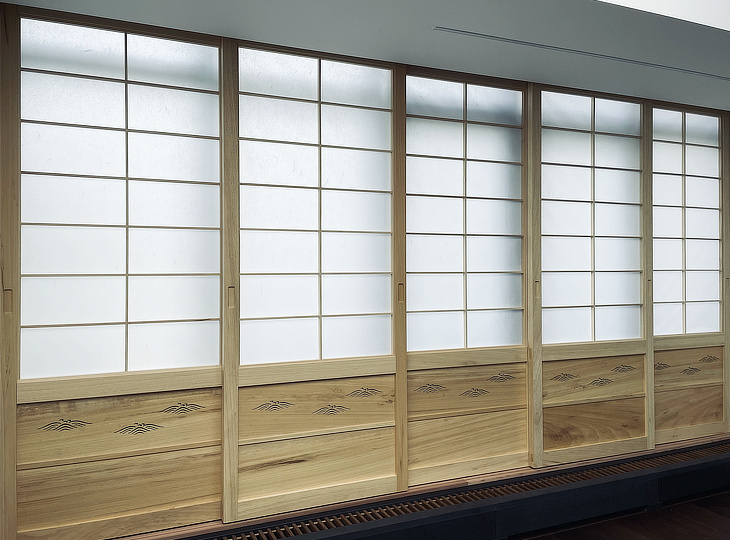
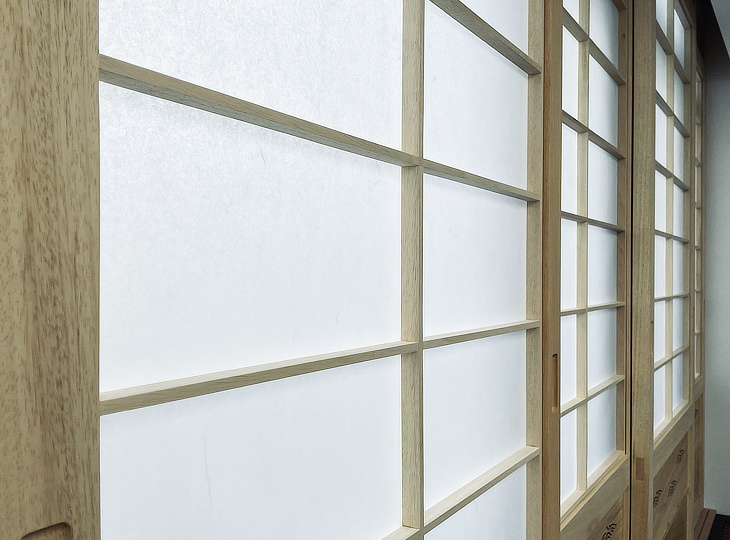
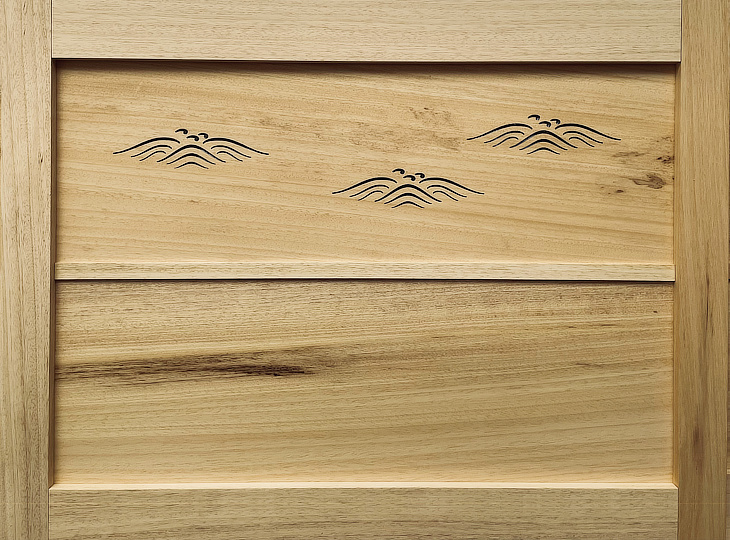
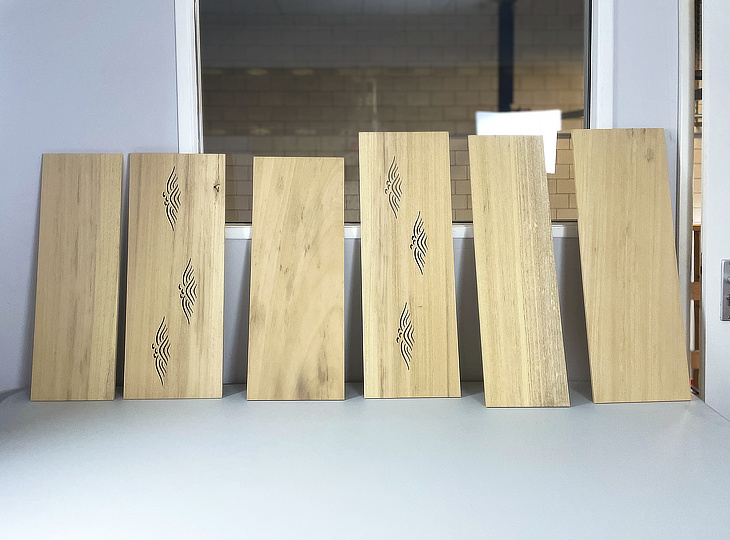









Contact Yokoso Japanese Gardens